Many of us are trying to get better. Better at managing our emotions. Better at treating other people with kindness and respect. Better at stewarding our mental health in healthy, effective ways. All of that requires availability, access, a positive environment, and time to address our unique issues. With that in mind, Mental Health America conducted research and released a report ranking all 50 states and Washington, D.C., to identify which have the most mentally healthy citizens and provide the best mental health care resources and access.
Mental Health America is a nonprofit organization focused on promoting mental health and protecting against mental illness across the United States. After analyzing 17 data measures, including surveys, they've published their 2025 report.
Top 10 states for mental health
1. New York
2. Hawaii
3. New Jersey
4. Vermont
5. Iowa
6. Massachusetts
7. Pennsylvania
8. Maine
9. Connecticut
10. Illinois
The Bottom 10 U.S. States for Mental Health
42. Oregon
43. New Mexico
44. Tennessee
45. Arkansas
46. West Virginia
47. Wyoming
48. Idaho
49. Alabama
50. Arizona
51. Nevada
You can read the entire least of states here.
- YouTube youtu.be
“We must also remember—and we really take this to heart at Mental Health America—that behind every data point here is a real person who deserves access to timely, quality, affordable mental health care,” said Mary Giliberti, interim president and CEO of MHA. “These are not just statistics. They are stories. And through sharing the data, we hope not only to raise awareness of these mental health topics and needs, but to turn that awareness into action.”
How were these mental health rankings determined?
Elements that determined the rankings included surveying the number of people going through mental health struggles in each state, the number of those people who have medical insurance to provide them affordable mental health services, the number of state measures implemented to support better mental health, and other factors. While there is a definite need for mental health services throughout all areas, the most underserved demographics include people living in rural areas and young people.
What can be done if your state is lacking in mental health care services?
As this report shows, not everyone has access to professional mental health services at this time. However, if you live in a state that lacks affordable mental health care programs, licensed professionals reached out to GOOD with tips and recommendations to improve your current mental health until you’re able to find affordable professional care in your area, especially if you have Internet access.
“For those who live without access to mental health care in their community, accessing virtual mental health services can be helpful. Telehealth has expanded access to care for many people in rural areas,” said clinical counselor and therapist Dr. Greg Gomez. “Next, use reputable online resources to help you manage chronic mental health conditions. For example, things like mood tracking can be helpful for those with bipolar and other mood disorders. These apps and programs are available online for free.”
@therapybygabby Have you used these apps? Will you use them? What are your thoughts?! #therapyapps #apps #mentalhealthapps #therapist #therapy #therapytok #therapistsontiktok #therapybygabby #therapybygabbytiktok #mentalhealth #therapythoughts #therapythings #mentalhealthtok #iam #moodlinksapp #recoverypath #recoverypathapp #substanceuse #substanceuserecovery
“Phone sessions or text-based therapy can also offer valuable support when in-person care is inaccessible,” said Stephanie Lewis, licensed social worker and clinical director.
That doesn’t mean there aren’t mental health-boosting methods you can access offline.
“It is also beneficial to establish a structured daily routine that includes good sleep hygiene, proper meals, moderate exercise, and practicing mindfulness via journaling or relaxation techniques, which can all help to manage stress and stabilize mood,” Lewis added.
“Reaching out to others is a helpful technique,” said therapist Diane Bagatourian. “There are several self-help groups (AA, Al-Anon, Celebrate Recovery, etc.). In addition to the meeting itself, these programs offer opportunities to meet others, which reduces loneliness and isolation. Also, reaching out lets others know you have needs. You never know what you may hear or what resources you were not aware of until you give this technique a try.”
@healinghumanity777 5 Tips for Improving Your Mental Health 🧠❤️🩹 #mentalhealth #mentalhealthawareness #mentalhealthmatters #mentalillness #personalgrowth
Mental Health America also offers other tips that can support mental health treatment. Doing small but important actions such as journaling, exploring a new or beloved hobby, exercising, and engaging in social activities can help, along with whatever other coping methods and treatment you’re given down the line. MHA and the professionals who reached out to GOOD also recommended researching and advocating for mental health measures and support from your elected officials if you believe your community is lacking proper treatment and care.







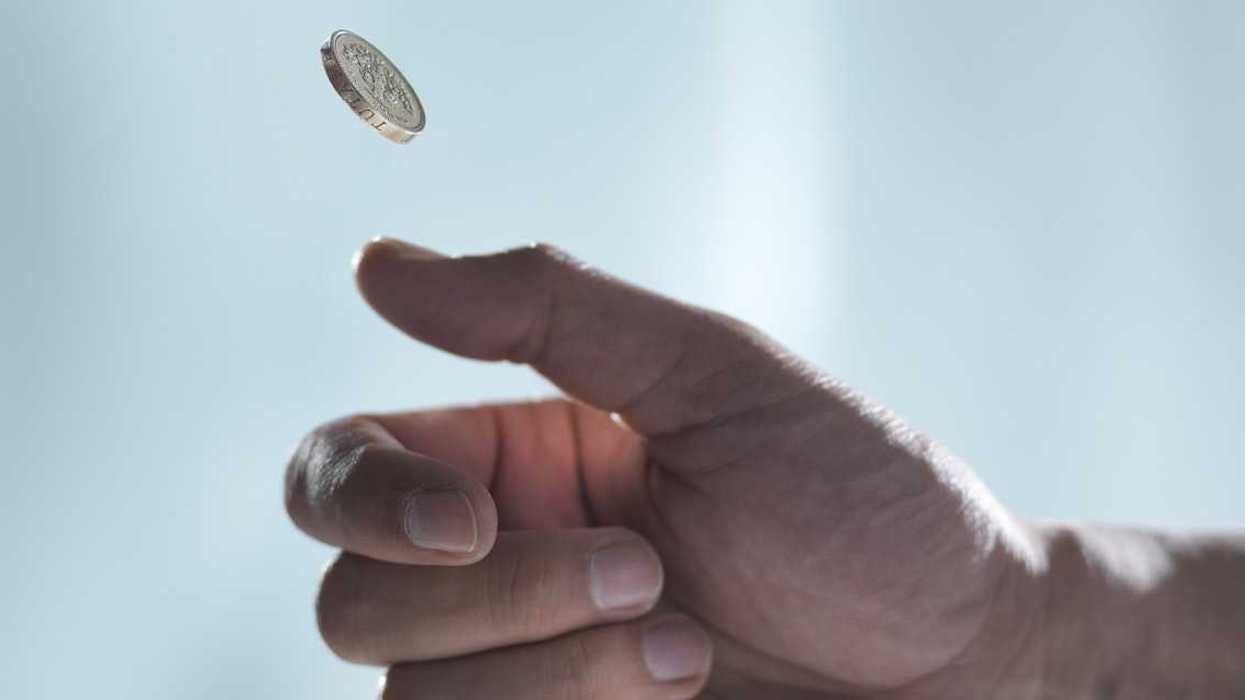
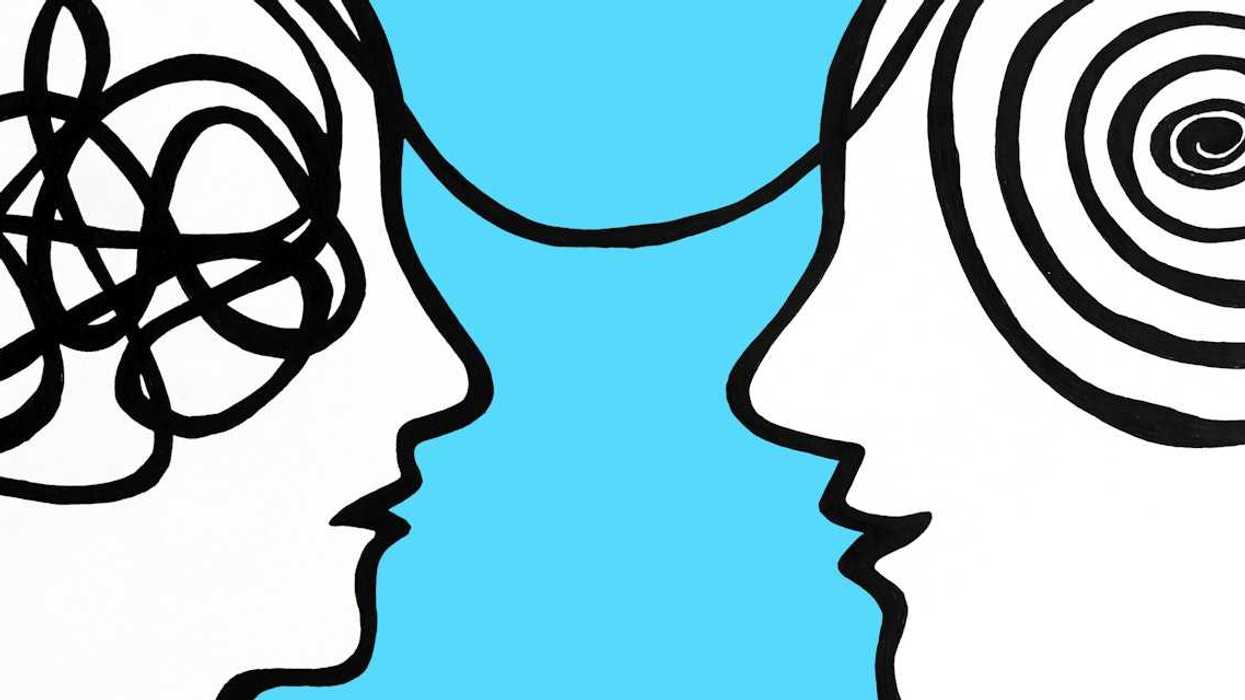




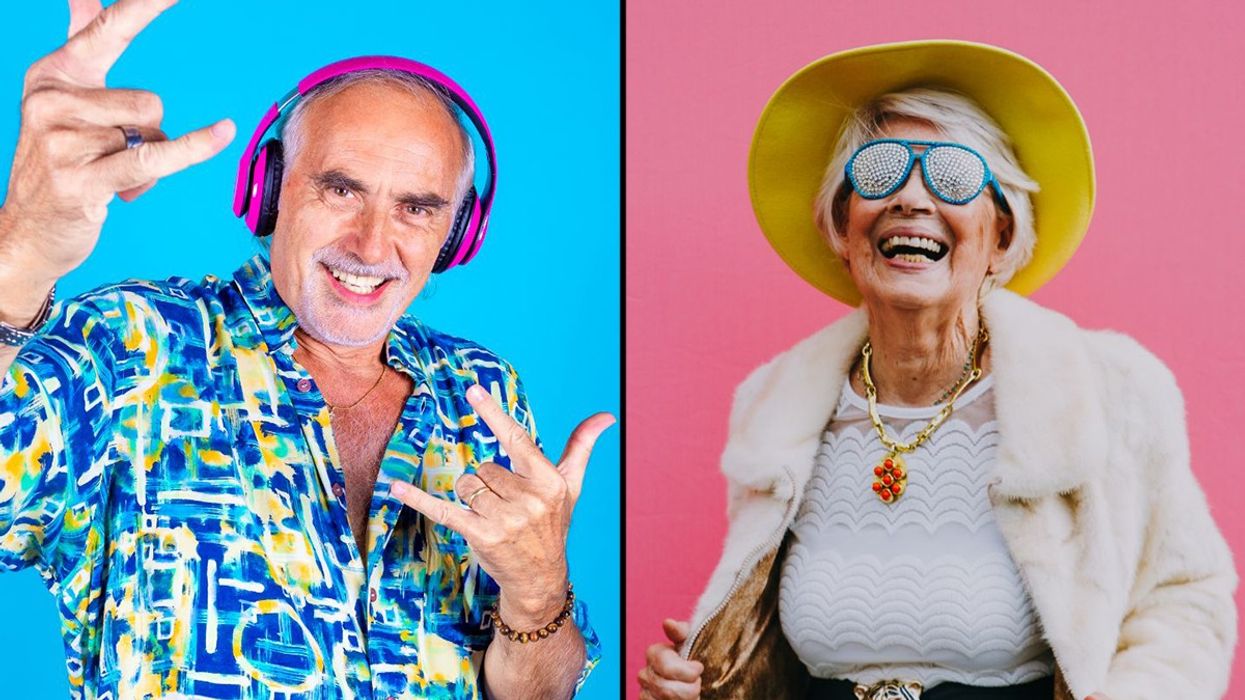



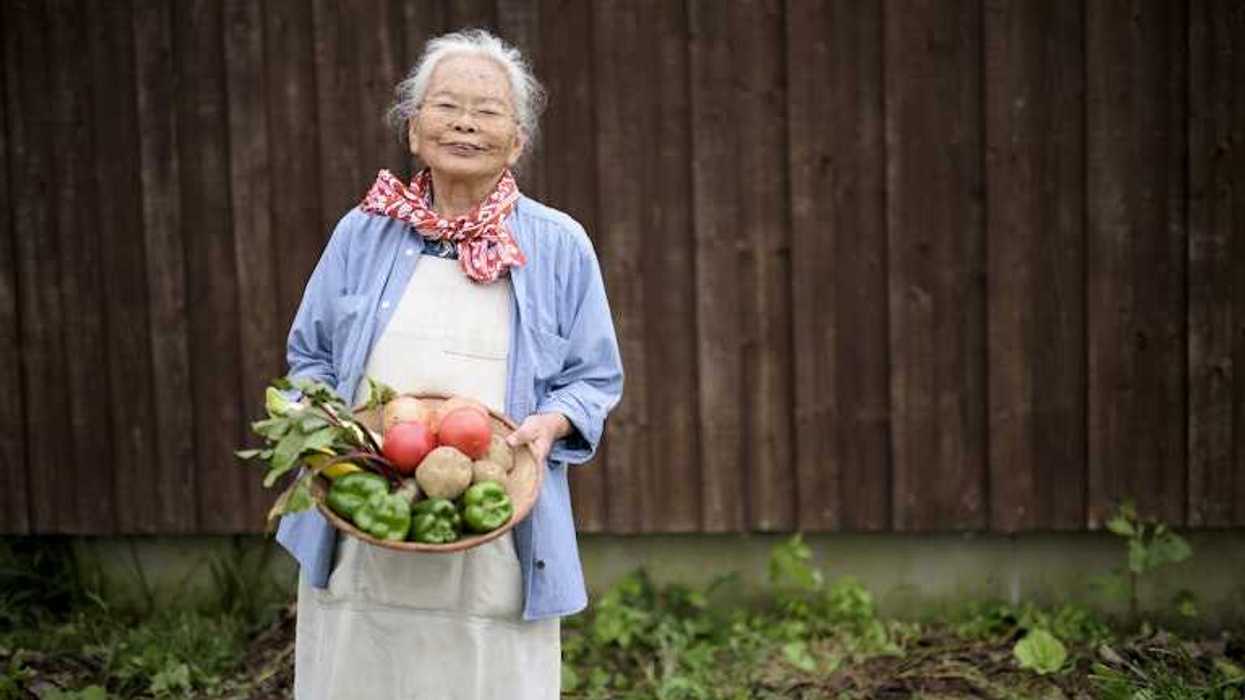
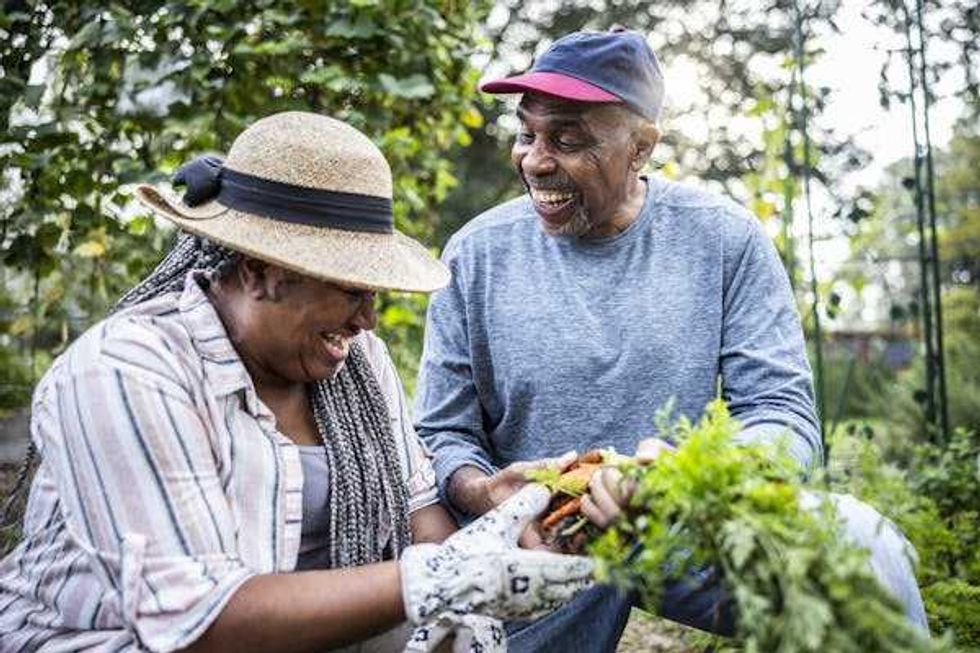 Regular exercise and a balanced diet are cornerstones to aging well.
Regular exercise and a balanced diet are cornerstones to aging well.


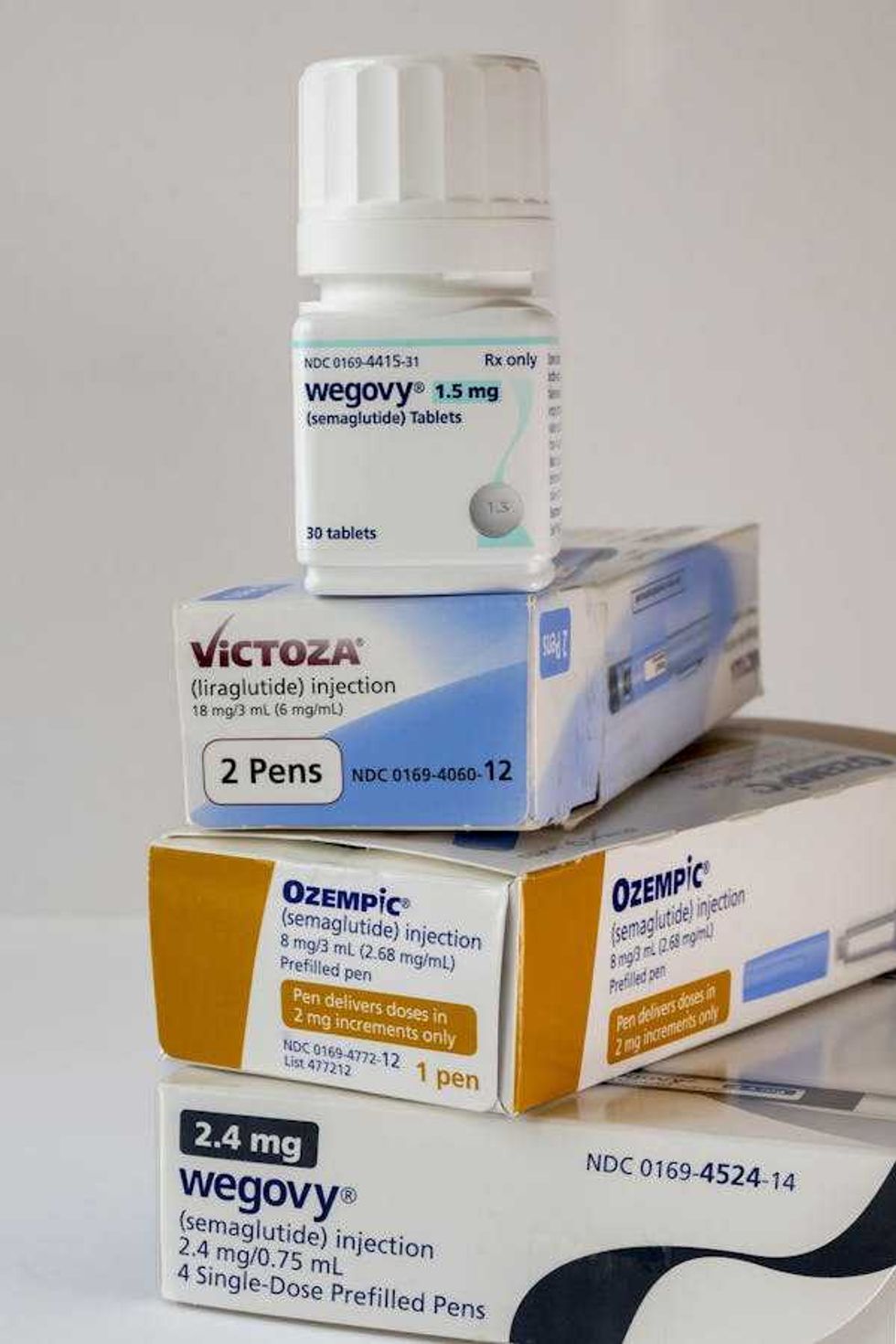 Oral Wegovy pills were approved by the Food and Drug Administration in December 2025 and became available for purchase in the U.S. in January 2026.
Oral Wegovy pills were approved by the Food and Drug Administration in December 2025 and became available for purchase in the U.S. in January 2026. Despite the effectiveness of GLP-1 drugs for weight loss, there is still no replacement for healthy lifestyle patterns, including regular exercise.
Despite the effectiveness of GLP-1 drugs for weight loss, there is still no replacement for healthy lifestyle patterns, including regular exercise.


 What foods would you pick without diet culture telling you what to do?
What foods would you pick without diet culture telling you what to do?  Flexibility can help you adapt to – and enjoy – different food situations.
Flexibility can help you adapt to – and enjoy – different food situations.
 Anxious young woman in the rain.Photo credit
Anxious young woman in the rain.Photo credit  Woman takes notes.Photo credit
Woman takes notes.Photo credit